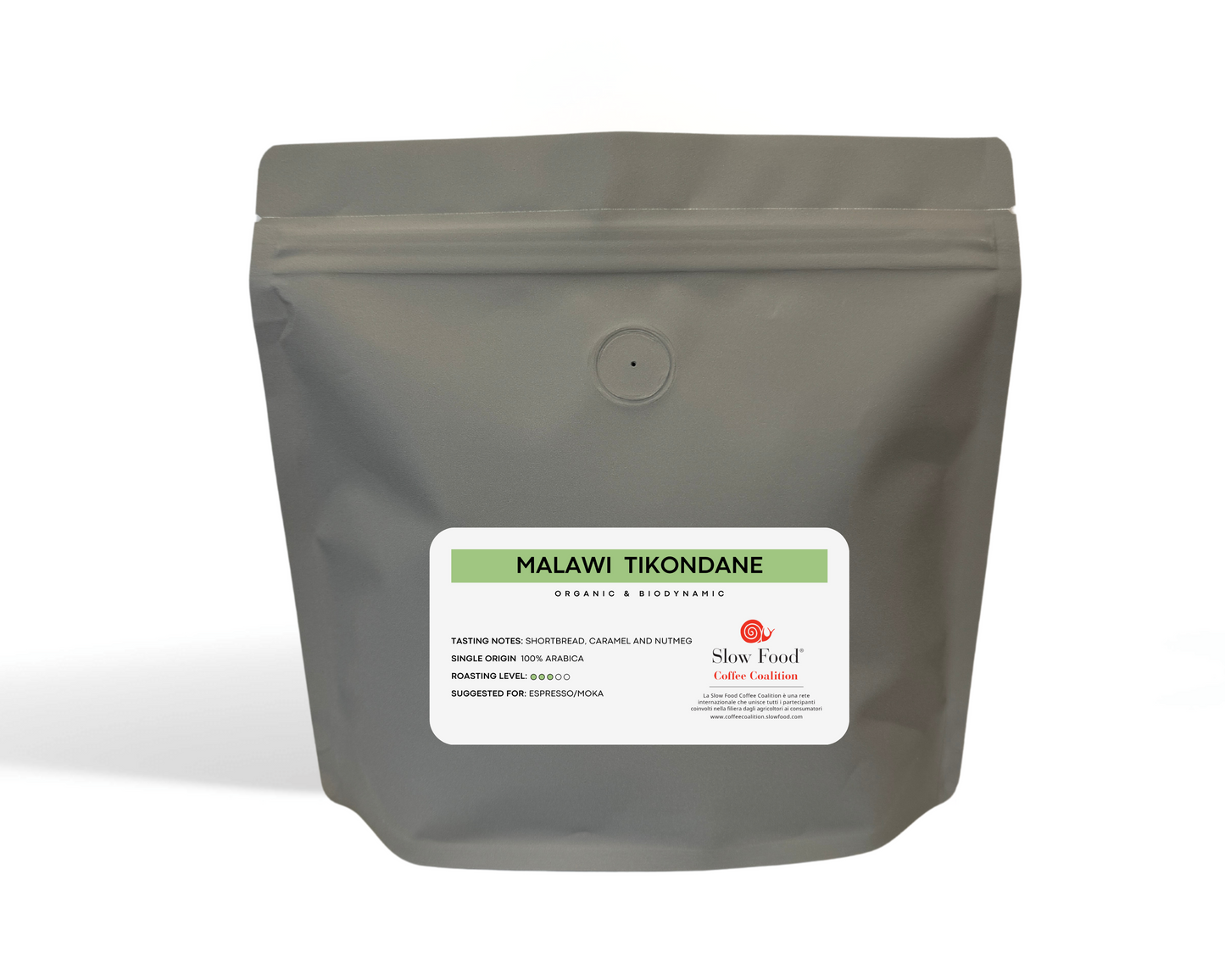CORTINOVIS COFFEE ROASTERS
MALAWI Tikondane
MALAWI Tikondane
Couldn't load pickup availability
ORIGIN : MALAWI NKONTHWA, PHOKA HILLS
ALTITUDE : 1400-1600 MSLM
PROCESS : WASHED
VARIETY : CATIMOR
Phoka Hills, Malawi
In the mountains on the eastern edge of Nyika National Park in northern Malawi, the 793 farmers of Phoka Hills Coffee Cooperative grow coffee at altitudes ranging from 1,400 to over 2,000 meters above sea level. The Nkonthwa Washing Station (where the coffee is processed) is about 10 minutes from the main road and can only be reached by a small road and a small wooden bridge. The farmers work the fields adjacent to this area and many of these can only be reached on foot in about 60 minutes. The farmers' plots are relatively small and consist of an average of 5,000-7,000 coffee trees which, as we will explain later, are grown in association with fruit trees such as apples, bananas and tamarillos.
Coffee is harvested by hand from June to September, depending on weather conditions. Using a new generation destemmer, the beans reach the fermentation tanks with little mucilage, where they rest for 24 hours. The remaining mucilage can then be removed with a small amount of water, after which the beans are spread out to dry for 7-10 days on raised African beds.
TRANSPARENT SUPPLY CHAIN
The costs of the entire coffee production chain are made completely transparent and the proceeds from trade go to Humission https://www.humission.de which invests in local projects.
COMMITMENT TO THE ENVIRONMENT
In 2003 a new project for the adaptation of the Nkonthwa region to climate change was born for this coffee. The production site is located at more than 1500 m above sea level and here you can clearly feel the climate change. The small coffee plants burn in the sun during the dry season and the older plants produce fewer cherries due to heat stress.
To combat this, 1500 tall fruit trees were planted thanks to the construction of a dedicated "Nursery".
This companion planting allows the coffee plants to grow in the shade, to protect themselves from excessive heat and to offer greater resistance.
In addition, the quality of coffee cherries increases because they ripen more slowly in the shade and develop more flavor. This type of agroforestry allows farmers to obtain safer and higher quality crops.
To protect the environment and biodiversity, the organic waste material from the plantations is used as a natural soil fertilizer.
CURIOSITIES ABOUT THE CATIMOR VARIETY
The Catimor coffee variety is an Arabica coffee cultivar that was developed to combine the quality of Arabica coffee with the disease resistance of Robusta coffee. This variety has an interesting history related to efforts to improve the resistance of coffee plants to common diseases, such as coffee rust (Hemileia vastatrix), while maintaining acceptable cup quality. Catimor is the result of a cross between Caturra , an Arabica variety known for its good quality, and Timor Hybrid , a variety that is a natural hybrid between Arabica and Robusta.




Share
5.0 / 5.0
(1) 1 total reviews
View full details

